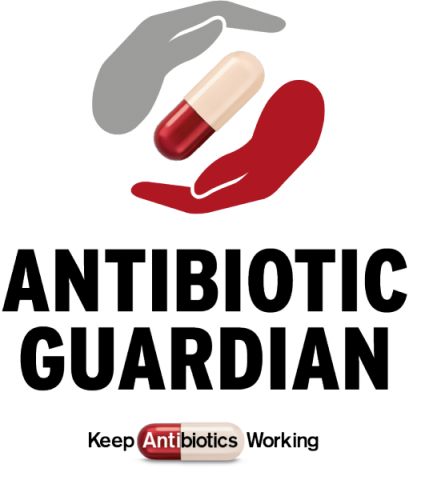Health and agriculture join forces to help keep antibiotics working

This European Antibiotics Awareness Day [18 November] the importance of responsible antibiotic use is being highlighted across the health and agriculture sectors.
The Public Health Agency (PHA) and Department of Agriculture, Environment and Rural Affairs (DAERA) have teamed up to call on health professionals, veterinary practitioners, industry and the public to make better use of antibiotics and preserve them for their most important use – serious bacterial infections.
The emergence and spread of infections caused by bacteria that are resistant to treatment by existing antibiotics is a major and growing threat to modern medical and veterinary practice and is regarded by the World Health Organisation (WHO) as one of the most serious global threats to health.
Dr Lorraine Doherty, Assistant Director of Public Health (Health Protection) at the PHA, said: “If we continue to use antibiotics at the current rate, we could face a return to the days before antibiotics, when minor infections and routine surgery could become life threatening.
“We all have our part to play in the ensuring the responsible use of antibiotics. We are working with colleagues in healthcare to ensure that best-practice for antibiotics for human consumption is followed.
“Using antibiotics when you don’t need them means the bacteria can become resistant to the medication making the antibiotic less effective, and increasingly not effective at all. This can lead to the real risk of you not being able to fight off infections if you get them in the future.
“The public have an important role to play as well. If you don’t need antibiotics, for instance for viral infections like a cold or flu, don’t take them. Don’t demand antibiotics from your GP, they will make the decision on whether you need them or not. And if you’re prescribed them, finish the course or medication and never share medication with anyone else.”
Chief Veterinary Officer for Northern Ireland Robert Huey added: “Antimicrobial resistance to veterinary medicines not only affects animal health and welfare with a reduction in effective antimicrobials for use, but could also severely affect the agricultural industry as a whole through its potential impact on trade. Therefore, I am fully supportive of European Antibiotic Awareness Day, as it provides an ideal opportunity to remind everyone using antibiotics in agriculture and elsewhere to ensure they are doing so in a responsible manner.
“A recent report from the UK Veterinary Medicines Directorate shows UK sales of antibiotics for use in livestock and farmed fish are at their lowest levels, with a 27% reduction in sales to 45 mg/kg between 2014 and 2016. This marks a significant progress to date, however there can be no room for complacency.
“We need continued commitment by all who work in the livestock sectors to deliver further responsible reductions in the use of antibiotics in the animals they raise and care for. Recent work by the Responsible Use of Medicines in Agriculture Alliance (RUMA) to agree industry-led targets for reductions in usage will go some way to achieve this.
“However, as antibiotic resistance in human, animals and the environment are inextricably linked, it is vital that we work together to further understand these links and establish what steps we can take collaboratively to address the threat.”
Health and veterinary professionals are encouraged to sign up to become Antibiotic Guardians at www.antibioticguardian.com where they can show their commitment to the proper use and preservation of antibiotics.
Ends
Notes to editors:
- European Antibiotic Awareness Day (EAAD) is a Europe-wide public health initiative to raise awareness of antibiotic resistance and the importance of responsible use of antibiotics. It has been held annually on 18 November since 2008.
- The World Health Organisation (WHO) World Antibiotic Awareness Week runs from 13-19 November 2017 – aiming to increase awareness of global antibiotic resistance and to encourage best practices among the general public, health workers and policy makers to avoid the further emergence and spread of antibiotic resistance.
- To sign up to become an Antibiotic Guardian, visitwww.antibioticguardian.com
